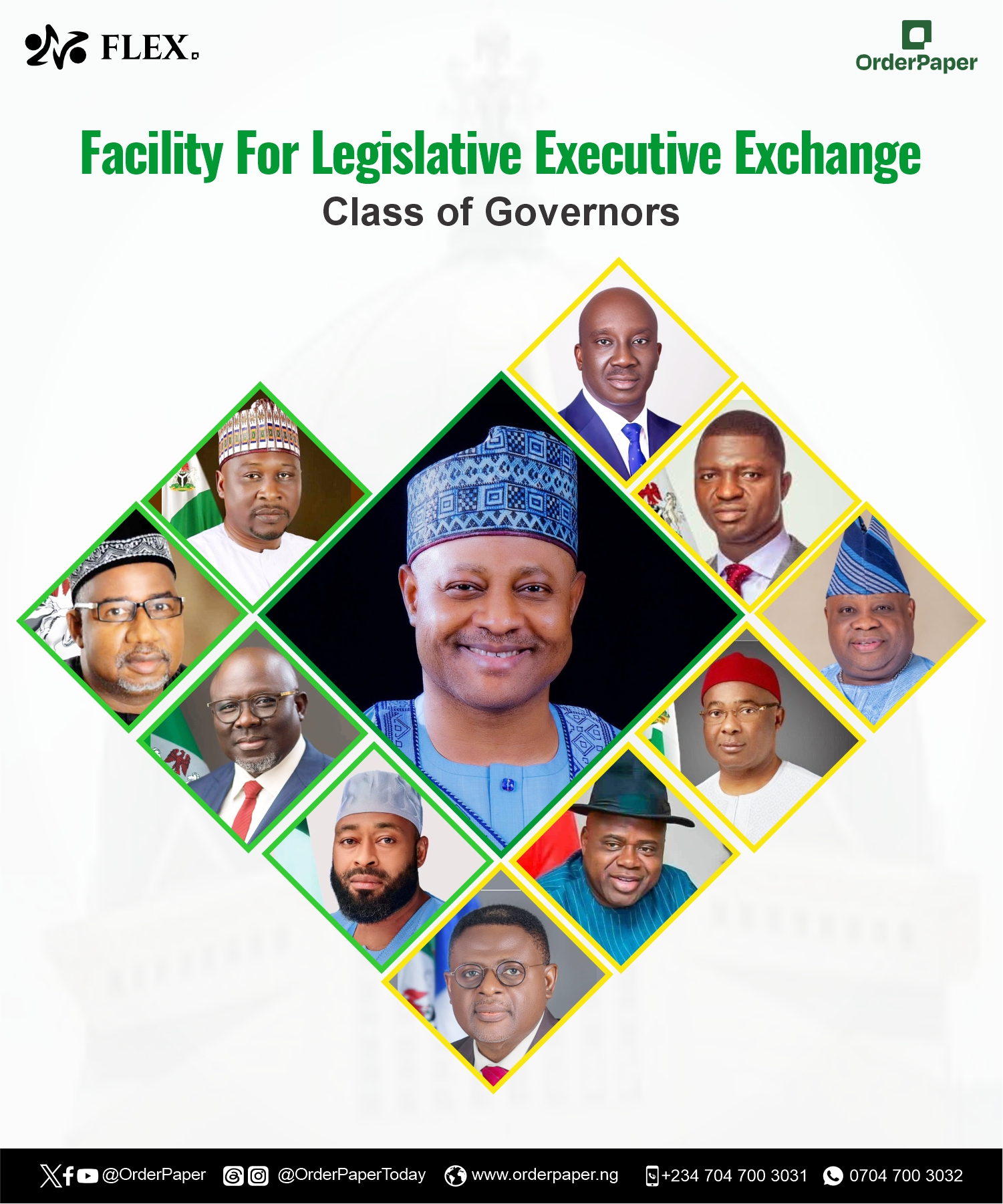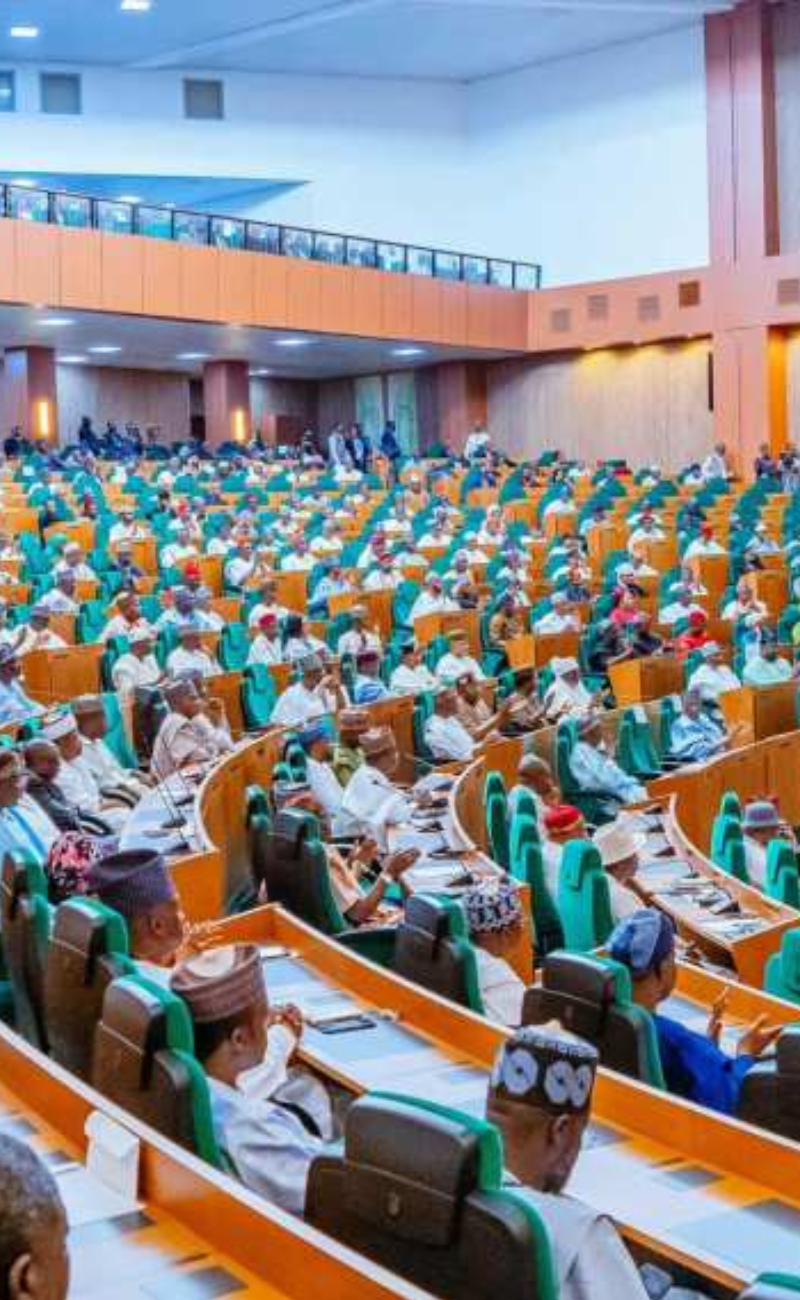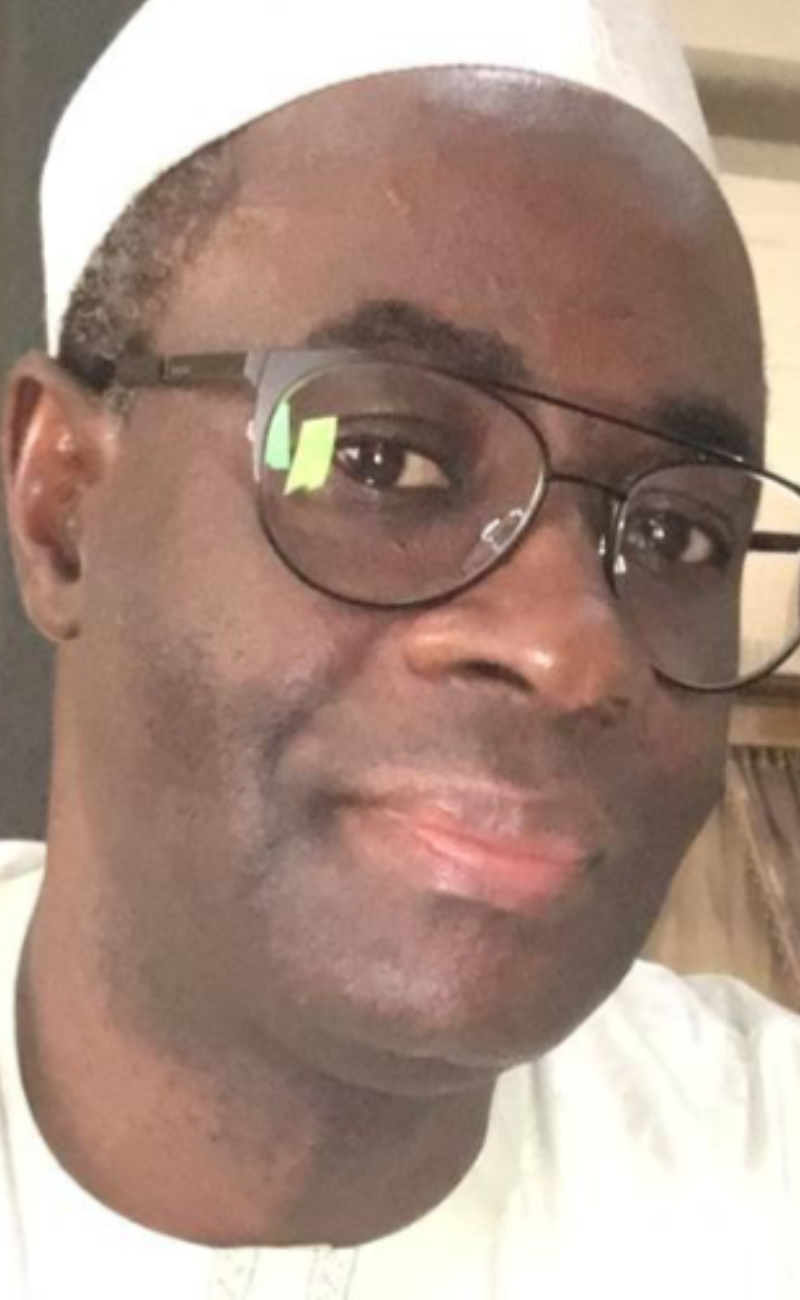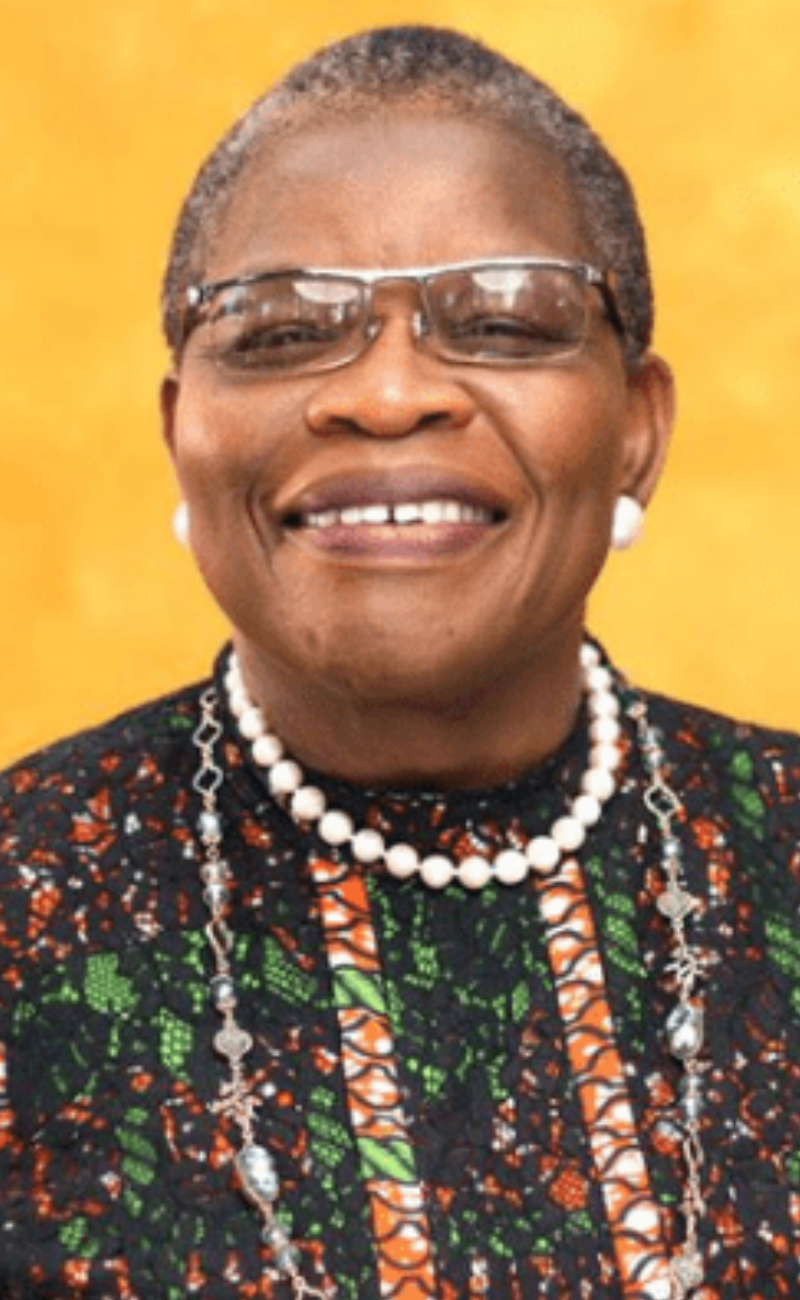Coming from the national and state assemblies, these governors are expected to deploy experience gained to advance executive service delivery

In the vibrant and evolving theatre of Nigeria’s democracy, the journey from lawmaking to the executive branch has become one of the most compelling transitions in public service. Unbroken since 1999, Nigeria’s Fourth Republic has now crossed its 26th year.
During this period, a significant governance pattern has unfolded – one led by a unique breed of political actors whose governance journey cuts across the legislative and executive arms of government.
This phenomenon, largely overlooked and under-documented, has now taken centre stage with the launch of the ICONS of the Fourth Republic initiative by OrderPaper Nigeria, the country’s foremost parliamentary think tank.
Through a meticulously curated process, the initiative identifies, celebrates, and preserves the legacies of political leaders who have served in both the legislature and the executive, impacting Nigeria’s governance landscape in the process.
Cross-branch evolution of political power
In the last two and a half decades, Nigeria has seen hundreds of individuals shuttle between legislative and executive roles. From lawmakers becoming governors and ministers, to commissioners and presidential aides transitioning to senators or representatives, the cross-pollination of experience between both arms has created a cadre of hybrid leaders whose dual exposure enhances institutional memory and policy execution.
Notably, hardly has their been any focus on this executive and legislative exchange until now.
ICONS and the institutional memory project
The Initiative for Celebrating Outstanding National Statepersons (ICONS) of the Fourth Republic programme is more than a celebratory project; it is a legacy-building endeavour rooted in empirical research and democratic relevance.
Birthed from OrderPaper’s Quarterly Policy Review (QPR) which focused on political transition from the legislature to the executive, now styled as Facility for Legislative Executive Exchange (FLEX). The programme brings together research and historical records to highlight outstanding leaders who have served in both the legislature and executive, and whose experiences have made a lasting impact on Nigeria’s democracy.
Out of hundreds of individuals who have served in both the Legislature and Executive since 1999, a final shortlist of 50 will be enshrined in the Premier Edition of the Book of Records and featured in an interactive Digital Repository.
This elite class will also be honoured at a high-profile gala in Abuja later in the year.
Among this distinguished group are 11 incumbent governors who exemplify this legislative-to-executive trajectory.
ALSO READ: ICONS: How Tinubu’s presidency is shaped by former legislators
Meet the ICONS nominee governors
1. Ahmadu Umaru Fintiri – Governor, Adamawa State
A former Speaker of the Adamawa State House of Assembly, Governor Fintiri represents the archetype of a lawmaker turned executive. He began his public service as a member of the Adamawa State House of Assembly from 2007 to 2015, rising to the position of Speaker in 2014. He became the acting governor of Adamawa State following the impeachment of Governor Murtala Nyako in July 2014, serving until 8 October 2014. In 2019, he assumed office as Governor of Adamawa State, a role continued to serve in following his re-election in 2023.
2.Bassey Otu – Governor, Cross River State
With stints in both the House of Representatives and the Senate, Otu’s transition to governor in 2023 has been guided by legislative experience. His experience in lawmaking, representation and chairing critical committees like Petroleum (Upstream) and Environment provides him with an expansive grasp of both national policy and grassroots governance.
While others elected into the National Assembly have remained in either chambers for decades, Otu stands out as one that exemplifies FLEX phenomenon having transitioned from the green to the red chambers and now to the executive branch as governor of Cross River state.
Otu was a one-time representative of Calabar Municipal/Odukpani constituency of Cross River State, in the House of Representatives from 2003 to 2011 and moved on to serve as a one-time senator for Cross River South from 2011 to 2015.
3. Mohammed Umar Bago – Governor, Niger State
Having served 12 years in the House of Representatives representing Chanchaga Federal Constituency from (2011–2023), Bago’s extensive experience in the National Assembly, where he chairs the House Committee on Maritime Safety, Education and Administration, has significantly shaped his governance style and priorities as governor. As governor, he continues to lead notable efforts in agriculture, digital governance, and renewable energy amongst others.
4. Sheriff Oborevwori – Governor, Delta State
From grassroots to government house is the summary of Oborevwori’s political journey. He began in 1996 as a local government area councillor, rising through the ranks to become speaker of the Delta State House of Assembly as a representative of Okpe state constituency. Oborevwori’s public service trajectory from Councillor to Speaker of the House of Assembly for six years and now Governor of Delta State offered him a platform for his reported focus on inclusive governance, youth development, grassroots and state-wide development.
5. Bala Mohammed – Governor, Bauchi State
From senator to city planner to state governor, Bala Mohammed rose to prominence as a vocal lawmaker for Bauchi south (2007–2010) in the Senate. He reportedly reformed Abuja’s infrastructure as FCT Minister, and now leads Bauchi State as governor under the Peoples Democratic Party (PDP). As Governor, Mohammed leaned both on his previous experience in executive and the legislature to steering the state with vision and commitment.
6. Douye Diri – Governor, Bayelsa State
Diri has worn both green and red chamber caps first as a House member and then as a senator. His legislative pedigree is believed to shape his current administration, particularly in promoting transparency, fiscal discipline, and development planning. He served as Member of the House of Representatives (2015 – 2019), Senator for Bayelsa Central Senatorial District from 2019 to 2020 and Governor of Bayelsa State since 2020 to date.
7. Uba Sani – Governor, Kaduna State
An activist and lawmaker, Sani’s Senate record includes groundbreaking reforms in anti-corruption and financial regulation. His current governorship reflects his long-held belief in effective governance through data, legislation, and institutional reform.
Prior to becoming governor, Sani was the senator representing Kaduna central senatorial district from 2019 to 2023, where he was recognized as an active legislator, sponsoring over 32 bills, with three receiving presidential assent.
Notably, during his time in the 9th National Assembly, he sponsored notable legislations, including the AMCON Amendment Act, Terrorism (Prevention and Prohibition) Act, 2022, and Money Laundering (Prevention and Prohibition) Act, 2022, among others. These groundbreaking legislative contributions were instrumental in modernizing Nigeria’s national security and anti-corruption architecture.
Sani’s extraordinary legislative record earned him the rare distinction of pioneer inductee into the Most Valuable Parliamentarian (MVP) Hall of Fame; and overall Best Member of the 10th National Assembly.
8. Monday Okpebholo – Governor, Edo State
From Senator to Governor in under two years, Okpebholo within his first 100-days hit the ground running with a five-point agenda focusing on security, infrastructure, healthcare, food sufficiency, and education with tangible outcomes and renewed public confidence.
Okpebholo, served as senator representing Edo central senatorial district (June 2023 – November 2024), and was sworn in as governor of Edo State in November 2024.
9. Ademola Adeleke – Governor, Osun State
The “dancing senator” turned executive power holder has reportedly focused on reforming workers’ welfare, infrastructure, and education. Adeleke was senator representing Osun west senatorial district (2017–2019) and now serving as the current Governor of Osun State (2022–present).
10. Hope Uzodimma – Governor, Imo State
With an eight-year senate record, Uzodimma transitioned to the executive from 2020 after serving from 2011 to 2019 in the senate. As a senator, Uzodimma chaired key committees, notably the senate committee on aviation, customs, excise, and tariff. As governor, Uzodimma launched the “3Rs” agenda: Reconstruction, Rehabilitation, and Recovery, aimed at reviving state infrastructure, recovering misappropriated assets, and restoring public trust in governance.
His leadership experience, honed in the senate, has also earned him the chairmanship of both the Progressive Governors’ Forum and the Southeast Governors’ Forum, reflecting the respect he commands among his peers.
11. Francis Nwifuru – Governor, Ebonyi State
Having served as Speaker of the Ebonyi State House of Assembly for eight years, Nwifuru now leads the state as Governor of the State.
Nwifuru served as a member of the Ebonyi State House of Assembly representing Izzi west constituency from 2011 to 2023. He was deputy whip (2011–2015) and chaired the committee on lands, survey, urban development, and environment.
In 2015, he was elected Speaker of the House and made history by being re-elected for a second consecutive term in 2019, serving until 2023. His legislative tenure was marked by leadership in policy formulation, oversight functions, and advocacy for infrastructural and community development.
Drawing on his legislative work on urban development and environment, Governor Nwifuru has reportedly prioritised infrastructural renewal and rural development. Having been at the helm of the state legislature, he possesses a nuanced grasp of the lawmaking process and budgetary control, enabling smoother collaboration between the executive and legislative arms of government.
Why the ICONS project matters
The growing class of dual-arm leaders reflects a maturing democracy where experience matters—and where the lines between policy design and execution are bridged by individuals with the knowledge and skills to operate both ends.
As Nigeria battles economic strain, security volatility, and institutional fatigue, such hybrid leadership becomes more valuable than ever. These leaders are not only executing national policies; they are rewriting the architecture of subnational governance with legislative consciousness.
The ICONS of the Fourth Republic initiative arrives as a timely intervention to institutionalise memory, celebrate legacy, and inspire the next generation of political actors to walk the bridge between laws and leadership.




